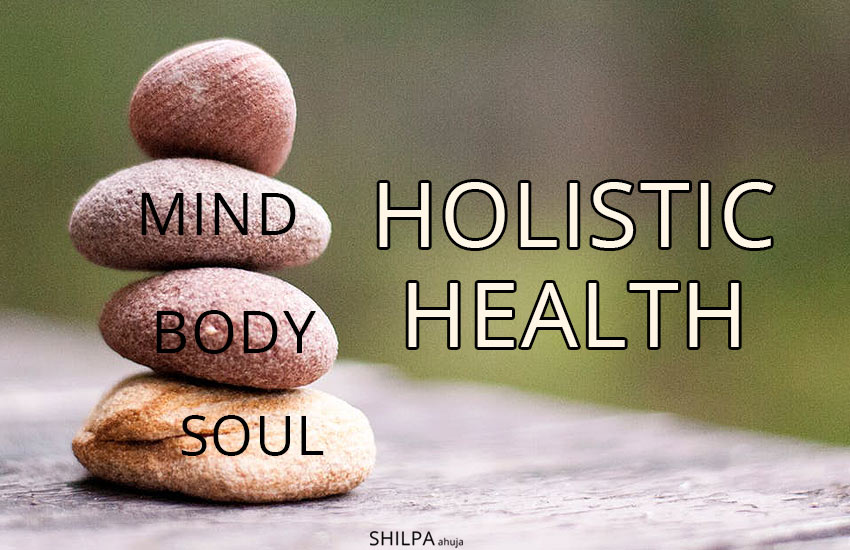What Is Holistic Health Care, Anyway
Holistic health is a way of thinking about health that considers the whole person, including their physical, mental, emotional, and spiritual well-being. It is a more comprehensive approach to health than traditional Western medicine, which often focuses on treating symptoms rather than the underlying causes of illness.
The term “holistic” comes from the Greek word “holos,” which means “whole.” Holistic health practitioners believe that all aspects of a person’s life are interconnected and that in order to achieve true health, all of these areas must be in balance.
There are many different aspects to holistic health, but some of the most important include:
- Physical health: This includes eating a healthy diet, getting regular exercise, and getting enough sleep.
- Mental health: This includes managing stress, practicing relaxation techniques, and maintaining a positive outlook on life.
- Emotional health: This includes dealing with difficult emotions in a healthy way, developing strong relationships, and feeling connected to something larger than oneself.
- Spiritual health: This includes finding meaning and purpose in life, connecting with nature, and developing a sense of peace.
Holistic health practitioners believe that by taking care of all of these areas, people can achieve a state of optimal health and well-being.
There are many different ways to incorporate holistic health into your life. Some common practices include:
- Diet and nutrition: Eating a healthy diet is one of the most important things you can do for your overall health. A healthy diet includes plenty of fruits, vegetables, whole grains, and lean protein. It is also important to limit your intake of processed foods, sugary drinks, and unhealthy fats.
- Exercise: Regular exercise is essential for physical and mental health. Aim for at least 30 minutes of moderate-intensity exercise most days of the week.
- Stress management: Stress can take a toll on your physical and mental health. There are many different ways to manage stress, such as yoga, meditation, deep breathing, and spending time in nature.
- Sleep: Getting enough sleep is essential for physical and mental health. Adults should aim for 7-8 hours of sleep per night.
- Social connection: Strong social connections are important for both physical and mental health. Make time for friends and family, and get involved in activities that you enjoy.
- Spirituality: Spirituality can be a powerful source of strength and support. Find ways to connect with your spirituality, whether it is through prayer, meditation, nature, or other activities.
Holistic health is a journey, not a destination. It takes time and effort to achieve true health and well-being. But the rewards are worth it. By taking care of your whole self, you can live a longer, healthier, and happier life.
Here are some additional benefits of holistic health:
- Reduced stress: Holistic health practices can help to reduce stress levels, which can lead to a number of health benefits, including improved sleep, better digestion, and a stronger immune system.
- Increased energy: When you take care of your whole self, you have more energy to do the things you love.
- Improved mood: Holistic health practices can help to improve mood and reduce symptoms of depression and anxiety.
- Increased self-awareness: Holistic health practices can help you to become more aware of your body, mind, and spirit. This can lead to a greater sense of peace and well-being.
If you are interested in learning more about holistic health, there are many resources available. You can talk to your doctor, do some research online, or read books and articles on the topic. There are also many holistic health practitioners who can offer guidance and support.
The journey to holistic health is a personal one. There is no one right way to do it. The most important thing is to find what works for you and to make it a part of your everyday life.





